Irish presidential election: All you need to know about the candidates taking on Michael D Higgins
Six candidates will contest the election on 26 October in which incumbent Michael D Higgins is seeking a second seven-year term
Ireland is going to the polls on 26 October for a presidential election which will see five challengers take on the popular incumbent Michael D Higgins.
The campaign will see a sitting president, an MEP, a senator and three judges from the popular TV show Dragon’s Den all battling it out to become the head of state to a country of 4.7 million people for the next seven years.
Current projections show Higgins on course for an easy landslide re-election, with polls suggesting he could take around two thirds of first preference votes.
When is the Irish presidential election?
The election will be held on Friday 26 October, with voting open from 7am to 10pm. Counting will begin on the morning of Saturday 27 October, with a winner declared at some point that afternoon.
A referendum on removing the offence of blasphemy from the Irish constitution will be held on the same day.
The inauguration of the winner will be held in Dublin Castle at noon on Sunday 11 November.
What is the voting system?
Irish citizens over the age of 35 may be nominated for the presidential election by:
-
Themselves, if they are the incumbent president and have served only one term
-
20 members of the Irish parliament (this is typically how political parties nominate their candidate)
-
Four city or county councils of Ireland (this is often the route for independent candidates)
All nominees make the ballot paper and are put to the Irish electorate. The president is elected on proportional representation by the single transferable vote.
Who are the candidates?
Michael D Higgins (Incumbent, supported by Fine Gael, Fianna Fáil and Labour)
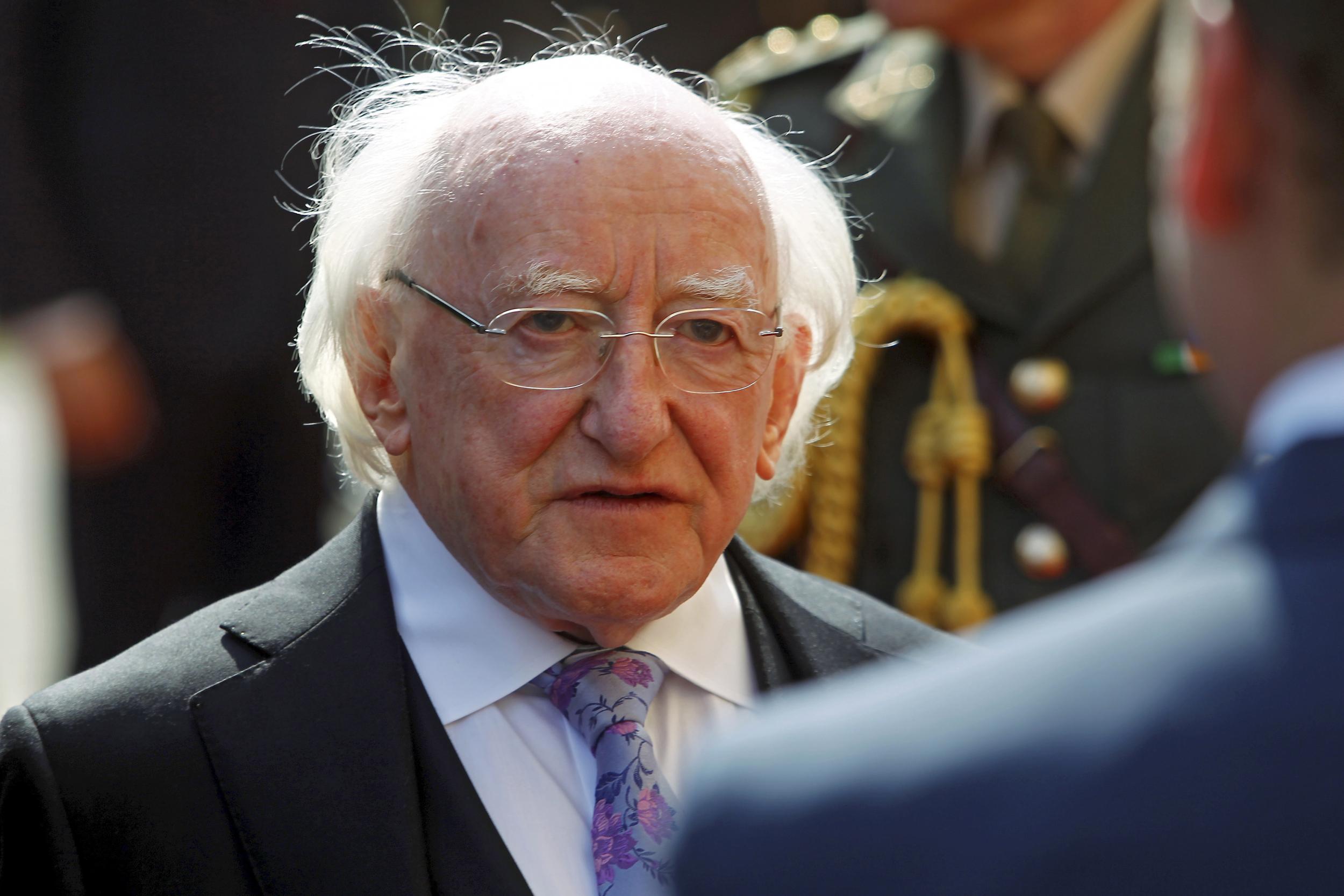
Michael D Higgins is a veteran Irish politician, originally a member of the Labour party, who is also well known as a poet. He has served as Irish president since 2011.
He has been praised for his ability to unite the nation, particularly in a decade of difficult historical centenaries, and his unique brand of statesmanship has seen great affection bestowed upon him, even by the younger generations.
While most of his opponents have had words of praise for his conduct across the past seven years, he has faced questioning about the cost of the presidency, in particular his use of a private jet to fly from Dublin to Belfast.
Liadh Ní Riada (Sinn Féin)
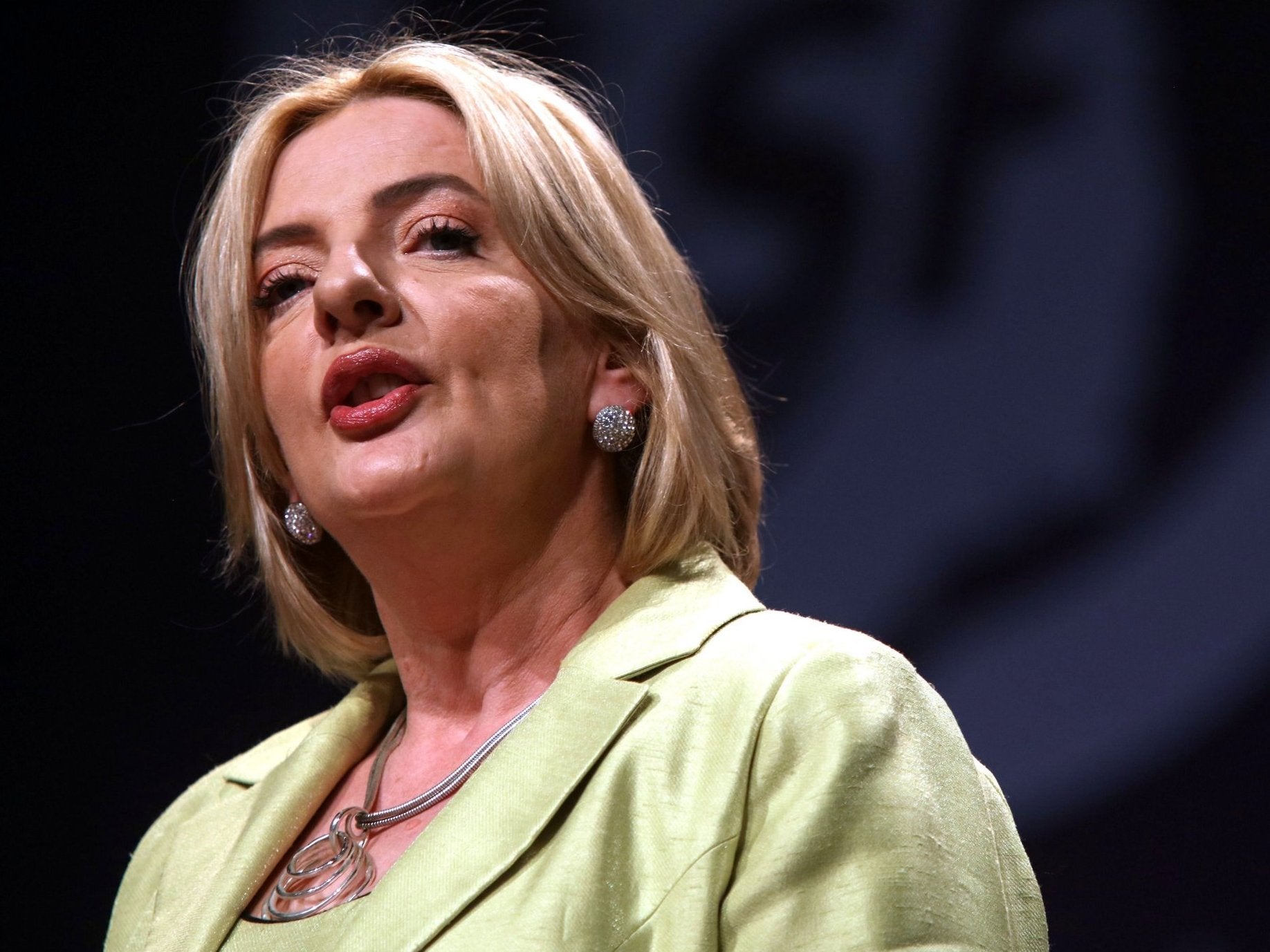
Liadh Ní Riada is a Sinn Féin politician who has been a Member of the European Parliament since 2014.
Sinn Féin are the only party officially contesting this election, as all others have declined to stand a candidate as a show of support for President Higgins.
Ms Ní Riada has a background in television, having worked as a producer on the country’s Irish station TG4, and is a keen advocate of the Gaelic language.
Ms Ní Riada has been chosen by Sinn Féin as a fresh face who can represent their key causes without carrying any Troubles-era baggage. It is believed she will strike a chord with a new generation who have become politicised by the country’s recent referendums, a sense of social injustice, and a growing desire for Irish unity.
However, she has stumbled in debates over questions about her salary and has also come under scrutiny over comments she made in the past about the HPV vaccine.
Sean Gallagher (Independent)
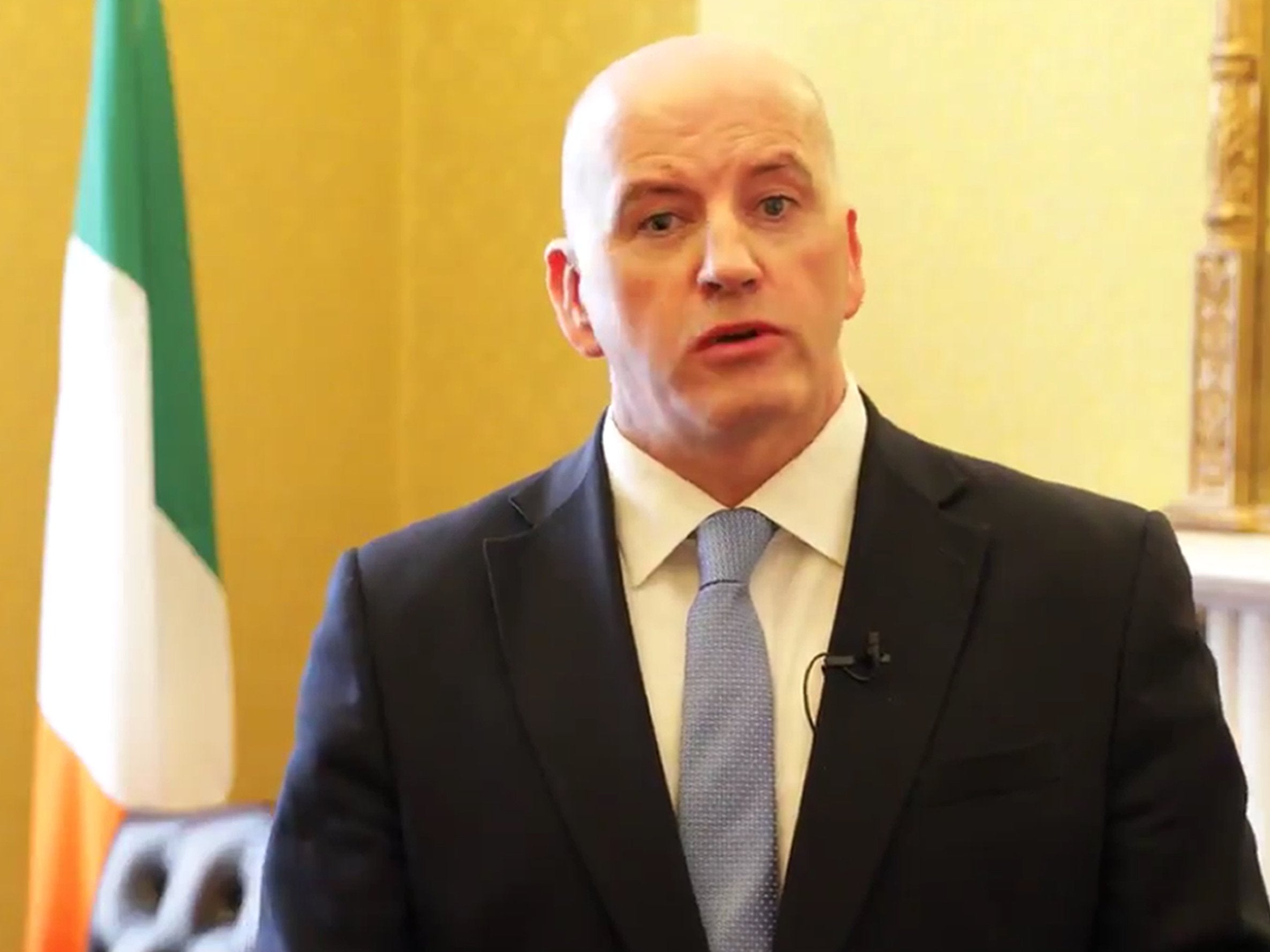
Sean Gallagher is a businessman and a former Dragon’s Den star who also ran in the 2011 presidential election. He secured his nomination with the support of councils.
At one point, he had been the favourite to win, until he was questioned days before the election in a live TV debate about money he had collected for a Fianna Fáil fundraiser. This small anecdote was deemed to be emblematic of a larger culture of cronyism associated with the party at that time, and it crashed Gallagher’s presidential dreams. He came second, while Higgins was elected.
Many have been surprised at his resurgence in 2018, as he has been absent from Irish politics across the last seven years - something he has been quizzed on during the campaign. Many see his lack of involvement in the landmark referendums on same sex marriage and abortion as evidence that his political ambitions are more about personal advancement than the national interest.
Joan Freeman (Independent)
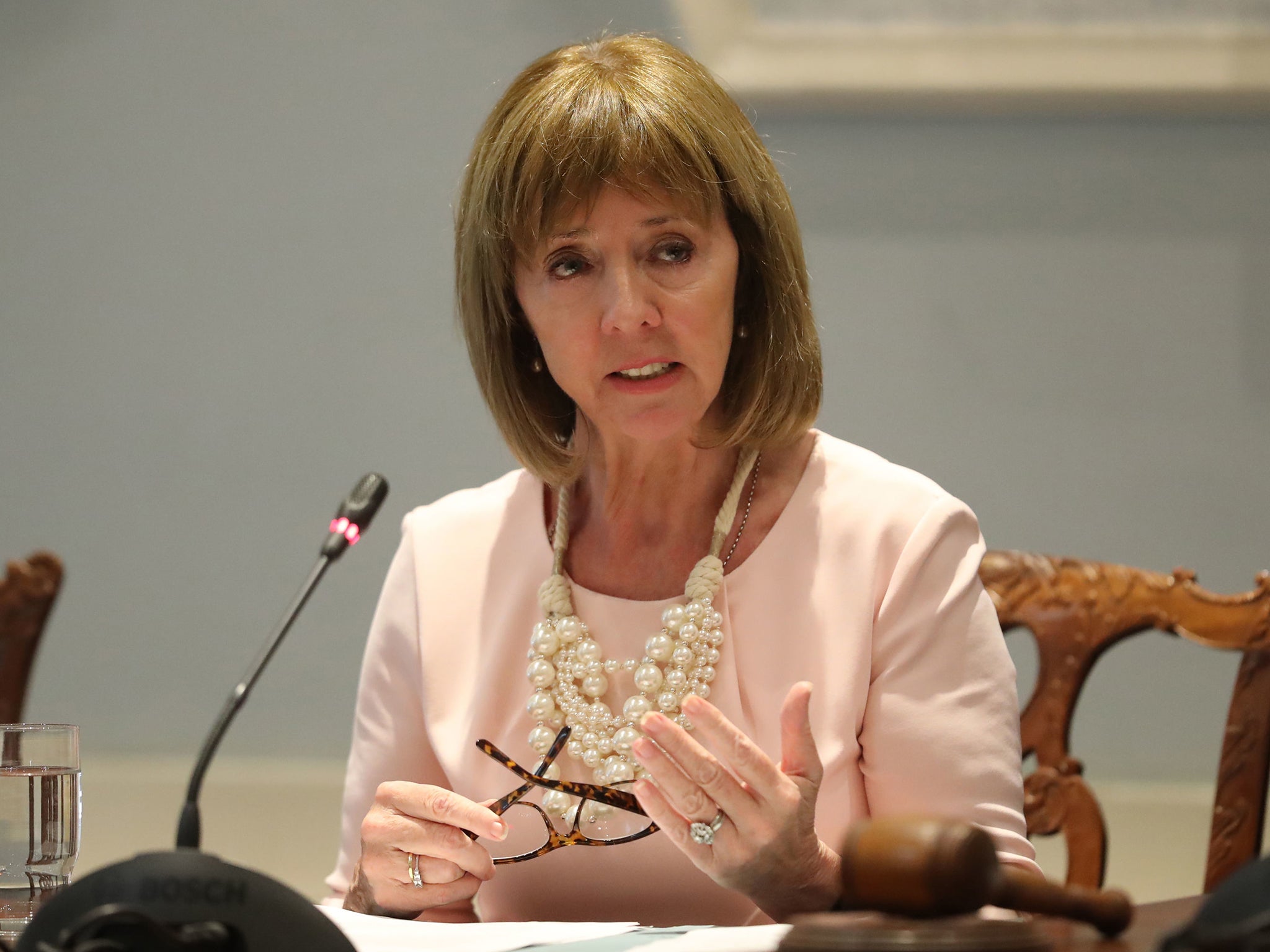
Joan Freeman is a psychologist who has also been an independent senator since 2016, and received her nomination through the support of councils.
She is the founder of suicide intervention charity Pieta House, and launched the popular Darkness Into Light walk which raises funds for those affected by suicide.
Ms Freeman wants to use her platform to draw attention to mental health issues and generate more national discussion around the problem. She has expressed frustration that debates have been focused on other candidates attacking Higgins' record rather than discussing various visions for the next seven years.
Gavin Duffy (Independent)
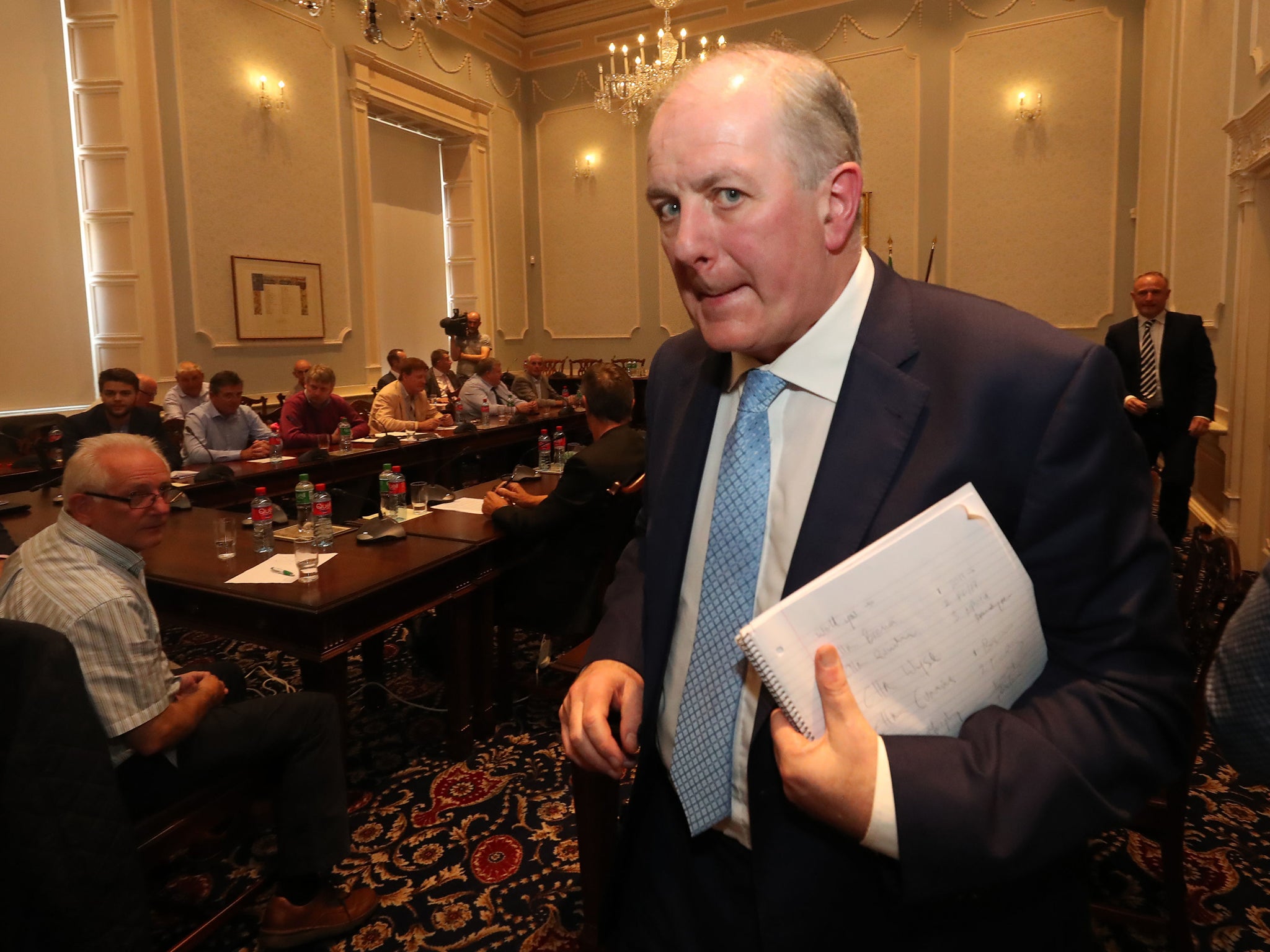
Gavin Duffy is a businessman and another former Dragon’s Den star who has received his nomination with council support.
He has worked as an advisor to both Fine Gael and Fianna Fáil in the past, but this is his first venture into the world of politics.
He has called for an emphasis on new physical and digital infrastructure in Ireland if elected, but animal rights activists have criticised his role as a chairman of the Hunting Association of Ireland.
He has also suggested Ireland should launch a US-style Peace Corps organisation to expand humanitarian work abroad.
Peter Casey (Independent)
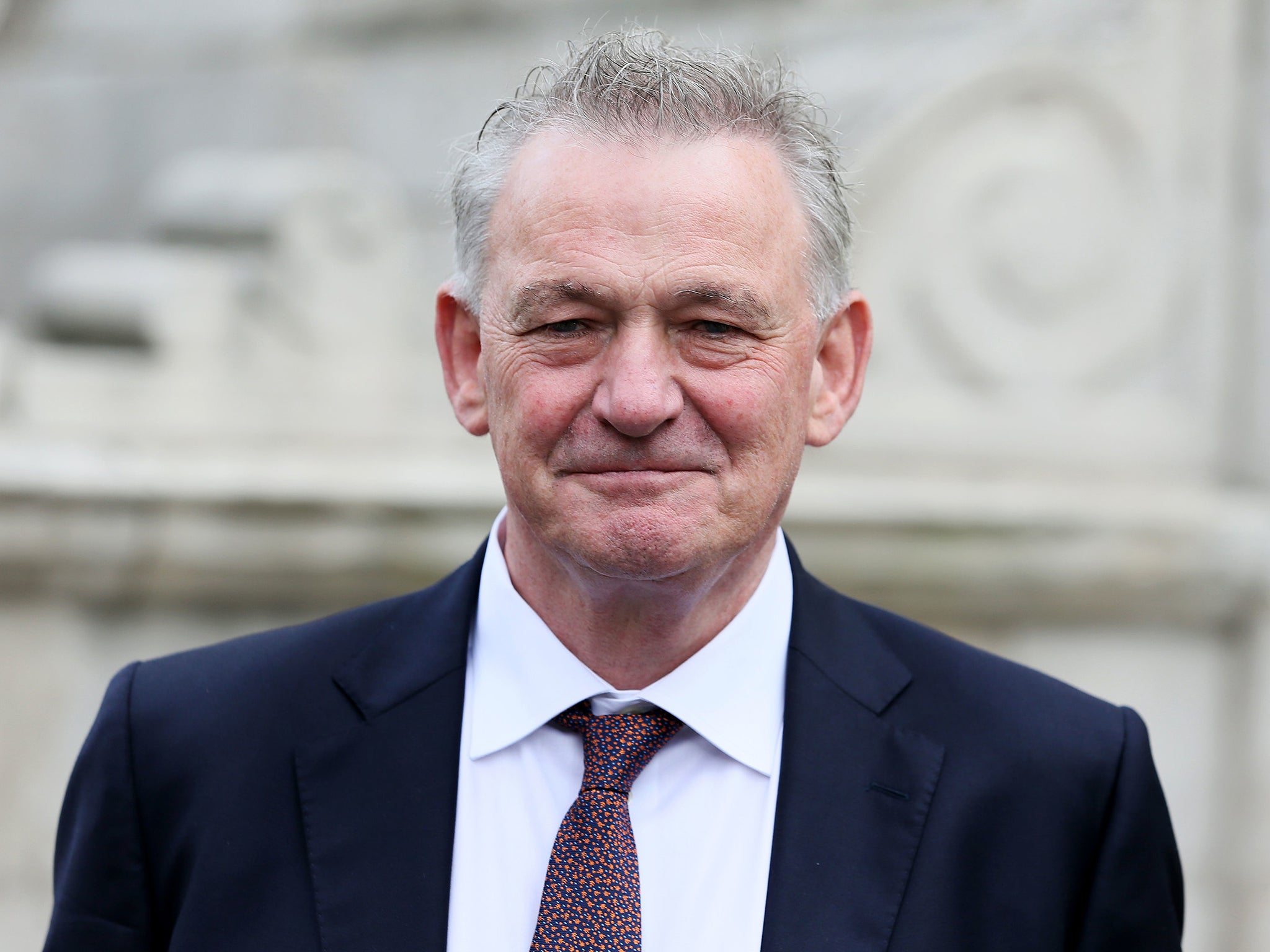
Peter Casey is a businessman and yet another former Dragon’s Den star who has received his nomination with council support.
He has flirted with political office before, but has never yet run. Originally from Derry in Northern Ireland, and based in the US for many years, he is a supporter of voting rights for Irish emigrants.
He has advocated for Ireland to end its policy of neutrality and to boost defence spending, and has also suggested Ireland should attempt to get a better deal from the EU, or leave the organisation.
He has been the most controversial candidate, largely because of his attacks on Higgins (and even Higgins' dogs), and comments he made about the traveller community.
What are the issues in this election?
As head of state, the role of president in Ireland is largely ceremonial, with little political power. But as the country’s first citizen, the president is often looked upon to capture and reflect the national mood, and as a diplomat, represents the country and the Irish diaspora abroad.
However, the campaign has largely been one of two halves, with candidates criticising Higgins for minor issues such as anecdotal instances of expensive trips, while simultaneously outlining their own alternatives for the role - many of which have been criticised as unfeasible or unconstitutional.
It may be that the real value of this election has been the discussions around reforming the role of president, as well as the salary and expenses attached to it.
The impact of Brexit on the island has come up in the debate, as has the growing prospect of Irish reunification, which both Ni Riada and Gallagher said they would push for.
Who is most likely to win?
It is highly likely Michael D Higgins will be returned for a second term. His popularity in Ireland has been confirmed by a number of opinion polls across 2018, many of which showed that people still valued having an election, even though they wanted him to remain as president.
A poll published by the Sunday Business Post on 16 September showed Higgins on 67 per cent, with Sean Gallagher on 15 per cent, Liadh Ni Riada on 7 per cent, Gavin Duffy on 6 per cent, Joan Freeman on 3 per cent and Peter Casey on 1 per cent.
A poll from Red C/Paddy Power published on 12 October showed Higgins on 70 per cent, with Sean Gallagher on 14 per cent, Joan Freeman on 6 per cent, Liadh Ni Riada on 5 per cent, Gavin Duffy on 4 per cent and Peter Casey on 1 per cent.
The latest poll from Irish Times/Ipsos MRBI - published on 17 October after the first radio debate of the campaign - found Higgins on 66 per cent, Sean Gallagher on 12 per cent, Liadh Ni Riada on 11 per cent, Joan Freeman on 5 per cent, Gavin Duffy on 4 per cent and Peter Casey on 2 per cent.
The questions now are how big Higgins' majority will be, and whether any of the other candidates will poll higher than 12.5 per cent - the figure needed to get back their deposit.
Join our commenting forum
Join thought-provoking conversations, follow other Independent readers and see their replies
Comments
Bookmark popover
Removed from bookmarks